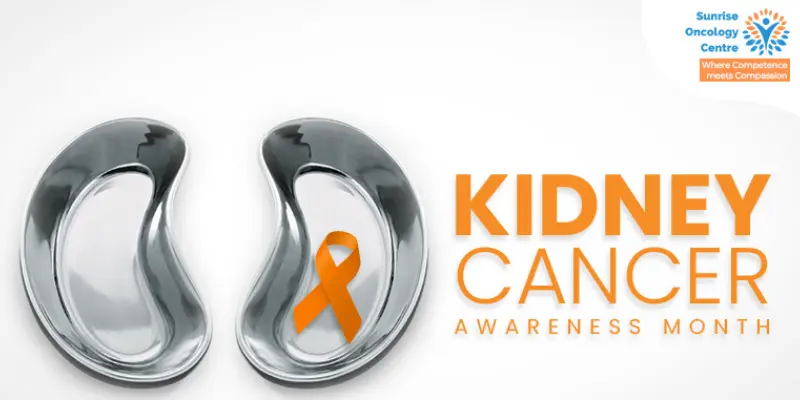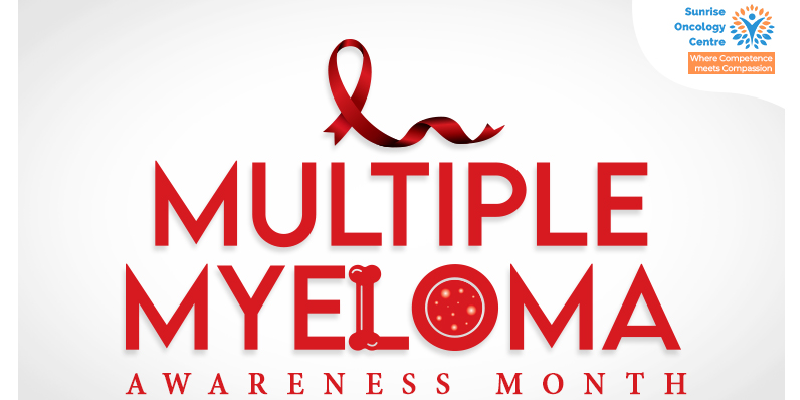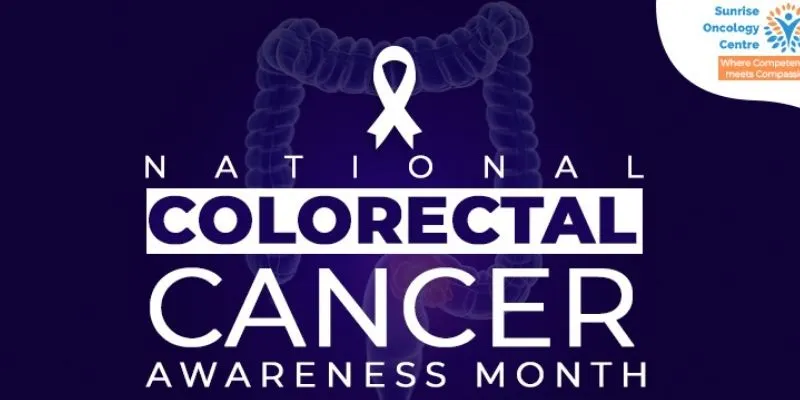
Renowned as the best cancer hospital in Mumbai, Thane, and Goa, Sunrise Oncology Centre is committed to delivering top-tier cancer treatment while ensuring accessibility to the masses without compromising on the highest quality standards. With our exceptionally skilled panel of doctors, cutting-edge technology, and a welcoming environment for patients and their caregivers, we guarantee a comprehensive and unparalleled cancer care experience. When seeking the best cancer care and the best cancer hospital in Mumbai, Thane, and Goa, look no further than Sunrise Oncology Centre.
Cancer is a multifaceted disease that necessitates a comprehensive and holistic approach, encompassing not only its physical dimensions but also attending to individuals' emotional and social well-being. Sunrise Oncology takes pride in being a leading cancer hospital in Mumbai, providing top-tier cancer treatment. Our devoted team of doctors and paramedics is dedicated to the welfare of patients and their caregivers. Seeking the best cancer care, look no further than Sunrise Oncology Center's best cancer hospitals in Mumbai.
30
20000
25000
Powerful drugs target & kill or slow the growth of cancer cells. Standard treatment for many cancers.
A newer approach that boosts the body's immunity and uses the body's natural defenses to fight cancer.
Pinpoints and targets specific genes/proteins to treat cancer precisely, minimizing harm to healthy cells.
Low-dose, frequent chemo to hinder tumor growth & disrupt cancer's blood supply to curb cancer growth.
Specialized nutrition plans to support patients during and after treatment to boost strength & healing.
Eases cancer symptoms, and improves quality of life for advanced cancers and terminally ill patients.
Helps restore mobility, strength & function aiding recovery during and after treatment.
A comprehensive strategy to alleviate cancer-related pain & discomfort while improving quality of life.
Support for emotional health, coping strategies for stress, and resilience throughout the cancer journey.

March is Kidney Cancer Awareness Month – Kidney cancer is among the third most common type of genitourinary cancer in adults. It occurs mostly in men compared to women and every year more than 79,000 people are affected due to kidney cancer. It is also known as the ‘Silent Killer’ as there are no noticeable symptoms at … Read more

Myeloma is commonly called “Multiple Myeloma” and it occurs in the blood by attacking the healthy plasma cells of the body. It is a type of blood cancer that grows abnormally by the multiplication of antibodies. It affects your body’s ability to make red and white blood cells and platelets. These directly lower your immune … Read more

Colorectal cancer starts in the colon or the rectum. It is a type of cancer that usually begins as small, noncancerous, or benign clumps of cells called polyps that form on the inside of the colon. Over time some of these polyps can become colon cancers The colon is the large intestine or large bowel. … Read more